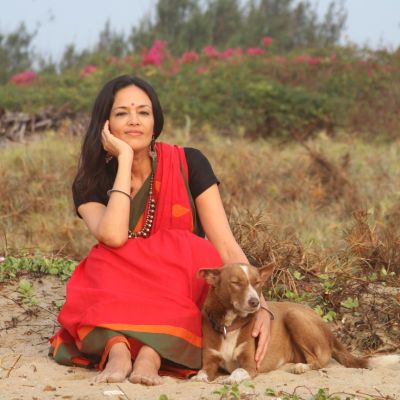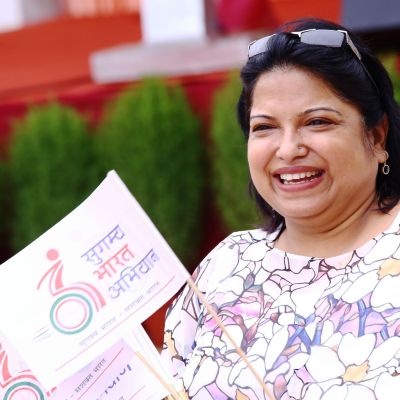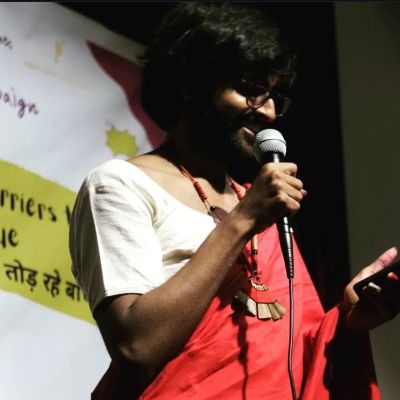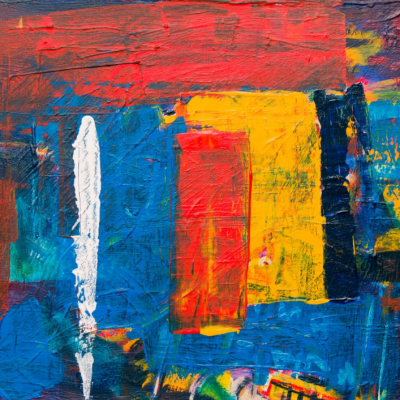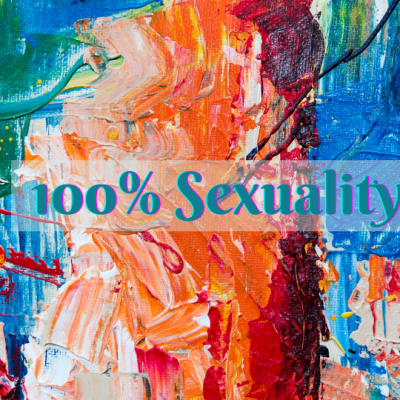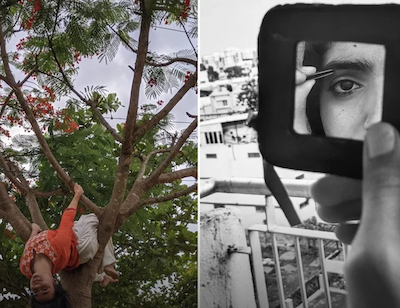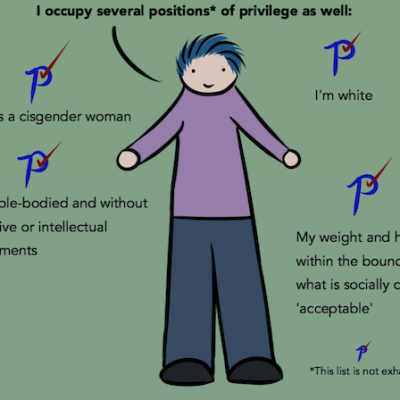privilege
I recently watched North Country on Netflix, a movie based on a true story of a woman’s fight for equality at the workplace. It is based on the case, Jenson vs Eveleth Mines, in the United States in which Lois Jenson, fought for the right to work as a miner, and the right to work free of sexual harassment. She won the landmark 1984 lawsuit, which was the first class-action lawsuit on sexual harassment at the workplace in the United States and resulted in companies/organisations having to introduce sexual harassment policies at the workplace.
I’ve essentially thought of movement as a kind of freedom, but one that has the capacity to destabilise you in some way. My most creative moments are when I’m not moving, when I am in fact rooted and still.
Self-care is influenced by the environment we inhabit, the way we relate to others, the way we negotiate with other living beings or structures. Self-care is also interlinked with other types of care – whether that is in community resources, psychosocial support, engagement with medical and health care institutions, and of course in collective agency and solidarity.
Self-care is influenced by the environment we inhabit, the way we relate to others, the way we negotiate with other living beings or structures. Self-care is also interlinked with other types of care – whether that is in community resources, psychosocial support, engagement with medical and health care institutions, and of course in collective agency and solidarity.
Self-care is influenced by the environment we inhabit, the way we relate to others, the way we negotiate with other living beings or structures. Self-care is also interlinked with other types of care – whether that is in community resources, psychosocial support, engagement with medical and health care institutions, and of course in collective agency and solidarity.
Safe spaces in the way that they often circulate are depoliticised and the assumption is that there won’t be any conflicts, but there can be no safe space without an exchange of ideas, which will create some bad feelings leading to conflict.
Vulnerability – is it a condition we find ourselves in? A state of being we choose? Let’s keep it very simple: it depends on the approach we take to defining it. In the former approach, we are ‘done to’, while in the latter we are consciously ‘doing’.
In our mid-month issue, Amit Timilsina writes about the role class plays in the decisions that young people make, and what he himself, as a young person and a youth leader, had to do to gain access to resources and to professional acceptance.
Coupled with the tendency to approach sexuality with seriousness, play often remains absent in discussions of sexuality. Sexuality shares the elements of fun, pleasure and spontaneity that are found in play.
100 issues, 8 years! Thank you, dear readers and contributors! As we planned for this issue to put on our…
My journal has many entries that are speculative and fantastic. Writing about the mundane leads me to question the way the world operates and from there I frog-leap into a world of ideas where I imagine a radically different way of being. In my journal, I imagine a politics of care, community, and compassion. I become grand, valuable, and unstoppable, even in a world where I am sometimes made to feel small.
Just as capitalism has learned how to co-opt feminism into its model, it has done the same to ‘wellness’, so much so it has become an industry of its own. Mental wellbeing, no matter how necessary and important it is, remains a luxury with more than half of our country either unaware of available mental health resources or not in a position to even afford therapy.
Inspired to collect photographs of women spending time by themselves and for themselves after a conversation with her mother’s friend, Surabhi Yadav began the project, Women at Leisure.
Often, we take certain things for granted, forgetting that there are certain privileges and power dynamics which we benefit from even if we don’t realise it. Though, sometimes, there are other benefits that aren’t available to us, social or cultural factors that do hinder us in some ways, we may still have areas in which we’re more advantaged than others
I felt naked in front of everyone when I first came out, and I can’t stress enough how much my male privilege has helped me out here. I don’t even know if people found it serious enough to consider it my identity instead of ‘a mere sexual preference’ or ‘a phase’ (always a classic dismissal).


